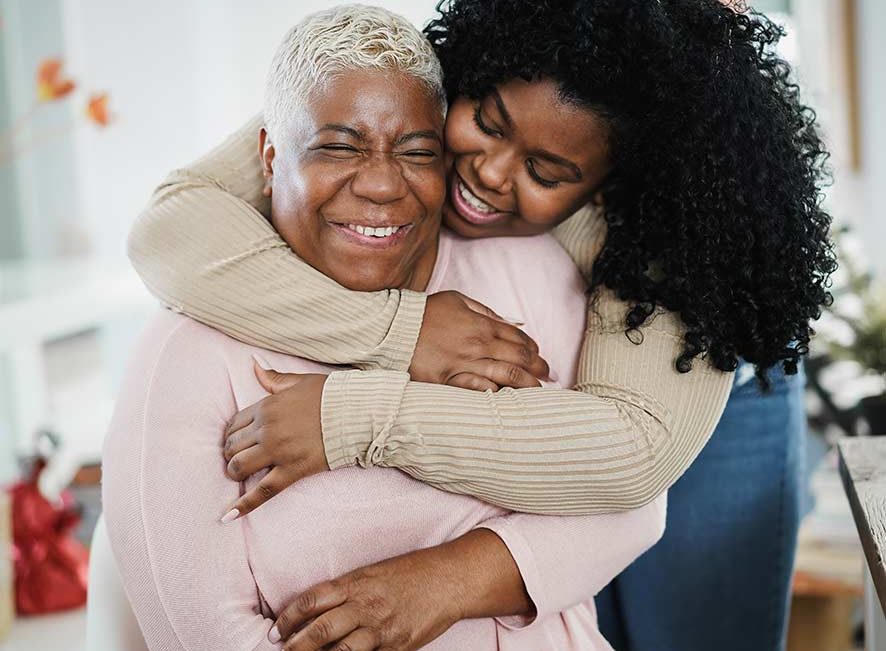In Home Caregivers and NDIS Plan Manager Roles: Navigating Home Care Providers in Australia
In Home Caregivers and NDIS Plan Manager Roles: Navigating Home Care Providers in Australia
Blog Article
The Growing Demand for In Home Treatment Givers: Factors Households Choose Specialist Care Over Standard Facilities
The boosting choice for at home caretakers over conventional centers is a significant fad improving the landscape of older care. Households are attracted to the benefits of personalized care that aligns with private needs and choices, enabling elders to preserve a feeling of autonomy in an acquainted environment.
Personalization of Care
Personalization of treatment in home caregiving is vital for meeting the one-of-a-kind requirements of each individual (in home caregivers). This strategy makes certain that treatment plans are tailored to the certain demands of the individual, considering their case history, individual choices, and way of life. By focusing on the person's distinct circumstances, caretakers can cultivate a feeling of dignity and freedom, which is frequently doing not have in more institutionalized settings

Additionally, the ability to adjust treatment strategies as requirements progress is vital. Home caregiving permits constant monitoring and adjustment of treatment techniques, making certain that modifications in health and wellness standing or personal preferences are without delay resolved. This flexibility not only enhances health end results but additionally enhances the top quality of life for individuals receiving treatment. Eventually, individualized care in home setups considerably adds to the general well-being of customers, making it a vital part of modern-day caregiving practices.
Comfort of Home Atmosphere
The comfort of a home atmosphere plays an important role in the efficiency of home caregiving. Several individuals, especially seniors, experience enhanced stress and stress and anxiety when placed in unknown setups such as typical care facilities. Home caregiving provides a familiar ambience, loaded with individual items, valued memories, and the feeling of safety and security that originates from remaining in one's very own space. This familiarity can significantly improve emotional wellness, which is essential for recovery and general wellness.
In addition, the home environment permits a tailored method to caregiving, suiting specific choices and regimens. Family members can develop an environment that mirrors their loved one's way of life, ensuring that treatment is supplied in a manner that feels all-natural and comfortable. This individualized setting urges better communication and communication in between clients and caretakers, fostering trust and connection vital for reliable care.
Additionally, the comfort of home can promote social connections, as member of the family and good friends can visit a lot more conveniently, offering critical emotional support. ndis plan manager. Generally, the home setting not only aids to maintain self-respect and freedom however likewise adds to a better of care, making it a preferred option for households seeking specialist caregiving remedies

Improved Freedom for Seniors
Home caregiving not only offers comfort however likewise promotes boosted independence for elders. Unlike typical centers, in-home care allows seniors to maintain their everyday regimens and take part in familiar activities within their own atmosphere. This autonomy is critical for their psychological wellness and total lifestyle.

Additionally, in-home caretakers can adapt their solutions to cater specifically to the one-of-a-kind needs of each elderly, promoting a greater sense of control. This flexibility guarantees that elders can enjoy their pastimes, fraternize family members and friends, and stay energetic in their communities, even more improving their feeling of freedom.
Inevitably, in-home caregiving not just resolves the physical requirements of senior citizens but also empowers them to lead satisfying lives, making it a significantly popular choice for family members looking for the most effective treatment services for their enjoyed ones.
Cost-Effectiveness of In-Home Treatment
At home care uses a cost-efficient option to typical nursing facilities, allowing families to offer high quality support for their loved ones without sustaining excessively high expenses. The costs related to retirement home can be overwhelming, frequently exceeding $100,000 every year, which can drain pipes economic sources rapidly. On the other hand, in-home treatment services usually bill on a per-visit or hourly basis, making it possible for families to tailor care plans according to their spending plan and details requirements.
Additionally, in-home treatment gets rid of additional costs connected with center living, such as space, board and transport, and various administrative charges. Households can choose to involve caretakers just when essential, potentially reducing general expenses. A considerable benefit of in-home care is the capability to maintain individual regimens, which can add to better emotional wellness and reduce the requirement for expensive clinical interventions arising from sudden lifestyle changes.
Insurance protection, consisting of lasting care insurance policy, commonly reaches in-home treatment services, even more enhancing financial ease of access (ndis plan manager). On the whole, the cost-effectiveness of in-home treatment not just reduces the financial burden on family members however also promotes a more individualized method to care that aligns with private choices and requirements
Building Stronger Family Connections
Supplying treatment in a familiar atmosphere cultivates deeper family members connections, permitting loved ones to actively take part in the caregiving procedure. In-home treatment creates chances for families to involve meaningfully with their disabled or elderly loved ones, promoting psychological bonds that can be difficult to try this website achieve in institutional settings. The visibility of specialist caregivers allows household participants to concentrate on their relational functions as opposed to being burdened by the physical demands of care.
Moreover, in-home treatment allows households to preserve their cherished routines, which can reduce feelings of stress and anxiety and disorientation typically connected with relocation to care facilities. Shared dishes, familiar surroundings, and the convenience of home give a feeling of security that boosts health and fosters open interaction.
Families can team up with caretakers to develop customized treatment plans that show the specific choices and demands of their liked ones. This collective method not just equips the elderly however additionally enhances the family, as members share responsibilities and sustain each other through challenging times. Inevitably, at home treatment cultivates a nurturing setting where partnerships can grow, boosting the lifestyle for both recipients and caretakers.
Verdict
The enhancing preference for in-home caretakers highlights a considerable change in exactly how anonymous households approach elderly treatment. As these elements align, at home treatment arises as an engaging choice to traditional centers, ultimately promoting the wellness and quality of life for seniors.
Households are drawn to the advantages of customized treatment that lines up with private demands and preferences, permitting seniors to maintain a sense of autonomy in a familiar atmosphere.At home treatment supplies an affordable choice to standard nursing centers, allowing family members to supply quality assistance for their liked ones without sustaining outrageous expenditures. In comparison, at home care solutions typically bill on a per hour or per-visit basis, making it possible for households to tailor care plans according to their budget plan and certain demands.
In-home care produces chances for families to involve meaningfully with their senior or disabled loved ones, promoting psychological bonds that can be challenging to achieve in institutional settings.The increasing preference for in-home caretakers highlights a substantial shift in just how households come close to senior care.
Report this page